Certified AI in Telecommunications Specialist
Length: 2 days

The Certified AI in Telecommunications Specialist Certification Course by Tonex is a comprehensive training program designed to equip professionals with the knowledge and skills required to leverage artificial intelligence (AI) in the telecommunications industry.
This course provides an in-depth understanding of how AI technologies can optimize network management, enhance customer service, prevent fraud, and predict maintenance needs.
Participants will explore the latest trends and advancements in AI applications within 5G networks and beyond.
Through a combination of theoretical knowledge and practical exercises, attendees will gain the expertise to implement AI solutions effectively in various telecommunications scenarios.
Learning Objectives:
- Understand the fundamental principles of AI and its applications in the telecommunications sector.
- Learn how to optimize and manage telecom networks using AI-driven solutions.
- Develop skills to implement predictive maintenance strategies for telecom infrastructure.
- Explore the role of AI in enhancing customer service and support in telecommunications.
- Gain insights into AI techniques for fraud detection and prevention.
- Investigate future trends and advancements in AI applications within 5G networks and beyond.
Target Audience:
- Telecommunications engineers and network managers
- IT professionals in the telecom sector
- AI and machine learning specialists
- Customer service and support managers in telecom companies
- Fraud detection and prevention analysts
- Professionals interested in the intersection of AI and telecommunications
Program Modules:
- AI for Network Optimization and Management
- Overview of AI Techniques in Network Optimization
- AI-Driven Traffic Management and Load Balancing
- Predictive Analytics for Network Performance
- Automated Network Configuration and Tuning
- AI-Based Fault Detection and Recovery
- Case Studies: AI in Real-World Network Management
- Predictive Maintenance for Telecom Infrastructure
- Introduction to Predictive Maintenance Concepts
- AI Algorithms for Predictive Maintenance
- Data Collection and Analysis Techniques
- Implementing Predictive Maintenance in Telecom Networks
- Benefits and ROI of Predictive Maintenance
- Case Studies: Successful Predictive Maintenance in Telecom
- AI in Customer Service and Support
- AI-Powered Chatbots and Virtual Assistants
- Natural Language Processing (NLP) for Customer Interaction
- Personalization and Recommendation Systems
- AI for Customer Sentiment Analysis
- Enhancing Customer Support with AI Automation
- Case Studies: AI in Telecom Customer Service
- AI for Fraud Detection in Telecommunications
- Understanding Telecom Fraud Types and Patterns
- Machine Learning Techniques for Fraud Detection
- Real-Time Fraud Monitoring and Alerts
- Implementing AI-Based Fraud Prevention Systems
- Evaluating the Effectiveness of Fraud Detection Solutions
- Case Studies: AI in Telecom Fraud Prevention
- AI in 5G and Beyond: Future Trends
- Overview of 5G Technology and Architecture
- Role of AI in Enhancing 5G Networks
- AI-Driven Network Slicing and Resource Allocation
- Advanced AI Applications in 5G and Beyond
- Emerging Trends in AI and Telecommunications
- Case Studies: Future AI Innovations in Telecom
By the end of this course, participants will be well-prepared to apply AI technologies to solve complex problems and drive innovation in the telecommunications industry.
Exam and Certification Details
Exam Domains:
- Industry-Specific AI Applications: Understanding the unique applications and benefits of AI in the respective industry.
- AI Tools and Techniques: Knowledge of AI tools, techniques, and technologies used in the industry.
- Implementation Strategies: Skills in implementing AI solutions within industry-specific contexts.
- Regulatory and Ethical Considerations: Understanding the regulatory and ethical implications of AI in the industry.
- Case Studies and Best Practices: Analyzing real-world examples and best practices of AI implementation.
Question Types:
- Multiple Choice Questions (MCQs): Questions with four or more answer choices, where only one is correct.
- Multiple Select Questions: Questions with multiple correct answers out of a list of options.
- True/False Questions: Questions that require the candidate to determine if a statement is true or false.
- Scenario-Based Questions: Questions that present a hypothetical scenario and ask the candidate to apply their knowledge to solve a problem or make a decision.
- Drag-and-Drop Questions: Interactive questions where candidates drag and drop items to match, sort, or rank them correctly.
- Simulation Questions: Questions that require candidates to perform tasks or troubleshoot problems in a simulated environment.
Passing Criteria:
- Minimum Passing Score: Candidates must score at least 70% on the exam to pass.
- Sectional Cutoff: Candidates must achieve a minimum score of 60% in each exam domain to ensure a balanced understanding of all key areas.
- Time Limit: The exam must be completed within 3 hours. Candidates are encouraged to manage their time effectively across all sections.
